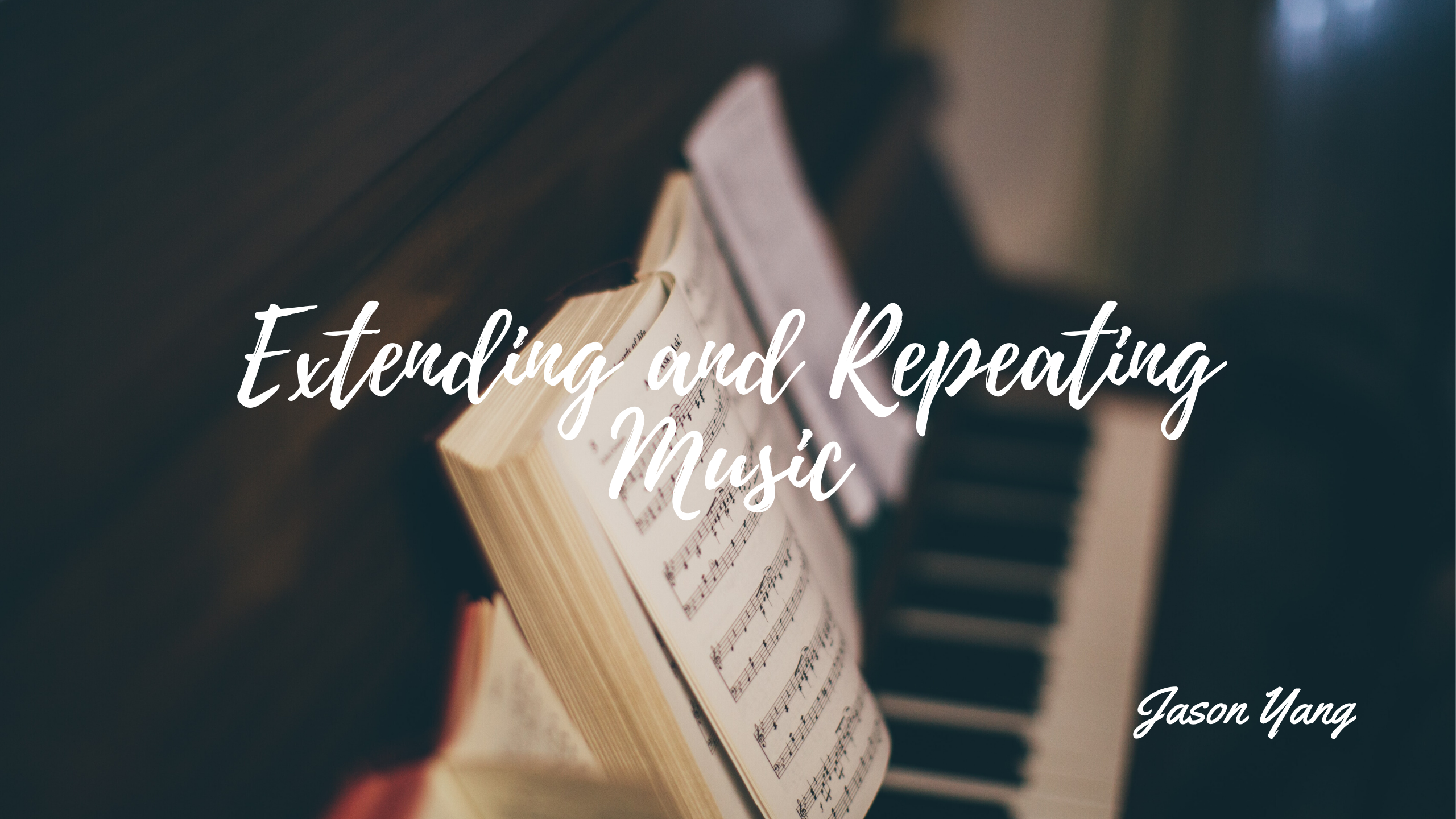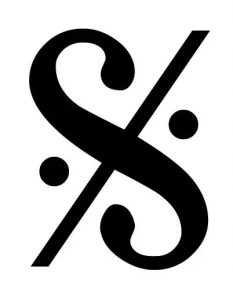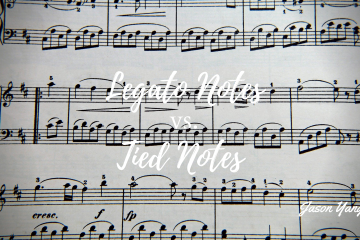9. Extending and Repeating Music

Table of Contents
Extending and Repeating Music
Composers like repeating sections of their music.They do so using repeat signs, symbols, 1st and 2nd time bars, and more. Here we’ll be talking about some of these.
Repeat Signs
Here is a sample of piano music. The new signs with the two lines and colon are repeat signs. They usually come in pairs of two indicating the section to be repeated.
Please note the first repeat sign is two lines followed by a colon, while the second repeat sign is two lines preceded by a colon.
Once we reach the second repeat sign, we repeat back to the first. Sometimes the first repeat sign may not be there. If that’s the case, we just repeat from the very beginning of the piece.

Da Capo
Another thing you’ll come across is Da Capo or D.C. This means you repeat back to the top (beginning) of the piece.
An easy way to remember this is you wear caps on the top of your head, so we repeat from the top of the piece.
D.C. al Fine is a common extension for Da Capo. This just means to repeat back to the beginning and end at Fine.
Here’s an example. The C beside the treble clef means we’re in 4 4 time. Check out this post for more information.

Da Signe
A similar repeat sign you may come across is Da Signe or D.S. This means you repeat back to the following sign which will always be on top of the line of music.

1st and 2nd Time Bars
Finally, we get to 1st and 2nd time bars. Sometimes we repeat a passage more than once and play a slightly different last few bars each time. This is where 1st and 2nd time bars come in.
They tell us to repeat back to wherever is indicated and play through the 1st time bars, then repeat back to wherever is indicated, skip the 1st time bar, and play through the second time bar and so on.
The following is an example where we repeat the first bar and 1st time bar 3 times before skipping the 1st time bar and going onto the 2nd time bar to finish off the piece.



